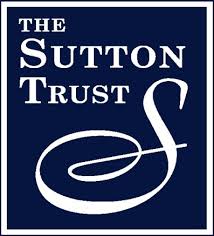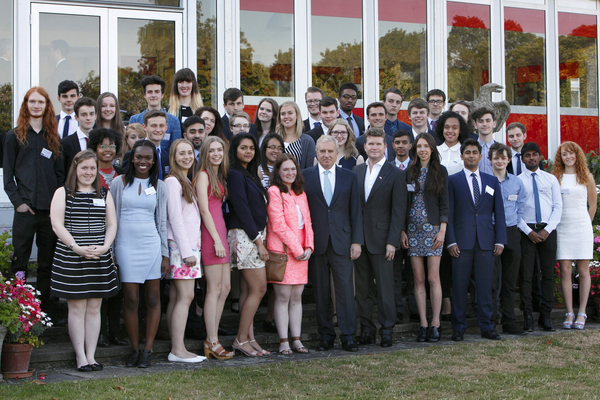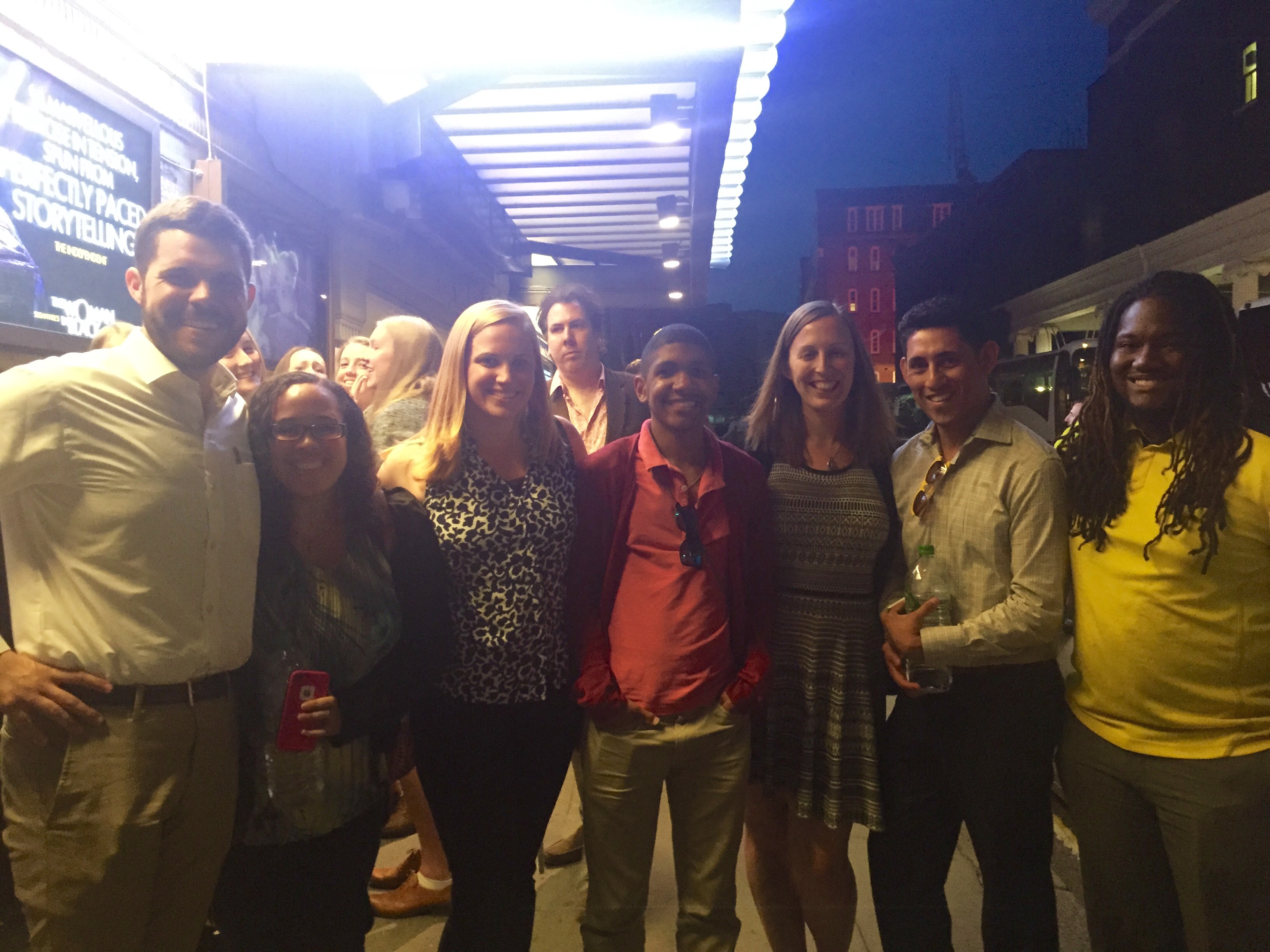The Sutton Trust was founded in 1997 by Sir Peter Lampl to improve social mobility through education. As well as being a think-tank, the Sutton Trust calls itself a ‘do-tank,’ having funded over 200 programs, commissioned over 140 research studies and influenced education policy by keeping the issue of social mobility on the political agenda.

This philanthropic foundation is similar to the Lumina Foundation here in the US—endeavoring to impact the educational landscape through its charitable contributions to education research. At Sutton, we meet with CEO Lee Elliott Major, who shares with us an introduction to the work of the Trust. Lee and his colleagues also outline key UK higher education policy issues and help provide contrasts to both what we’ve seen and heard about thus far, as well as offer additional comparatives to the US context.
We then have the opportunity to be of use to Sutton by providing feedback and recommending scholarly references for a report the Trust is currently developing.
The Sutton Trust Question
I began this trip with many expectations for my own personal learning and development, both as a student and a young professional. At the same time, our faculty had a key expectation for each of us: To develop a set of conversation provoking questions for an assigned site. While this task became a sort of inside joke among the students (mostly due to an intrigue in competing to see who could impress Dr. Dynarski the most), this task soon became my dread. As our July 9th visit to Sutton Trust approached, I would be the first student responsible for stimulating conversation. I ultimately think I lucked out.
The Sutton Trust has been engaged with an incredible range of impactful work. I found that I was instantly enamored with the opportunity to lead inquiry into their work. I was enthralled particularly with their work pertaining to Open Access at independent day schools, or what we know in the U.S. to be private K-12 schools, for students of all backgrounds.
We were able to hear directly from Chief Executive Dr. Lee Elliot about major higher education policy issues in the UK, and some of the major programs and initiatives of the Sutton Trust. One key takeaway here, that I perceive to have become a theme of the trip, was the focus of influence in higher education between our two nations. Many of our key issues seemed to center upon the U.S. Supreme Court or higher education institutions themselves, while our UK counterparts more frequently discussed parliament.
As the initial conversation wrapped up, the big moment for the question came! I prodded Dr. Elliot to speak more about Sutton Trust’s pilot programs, those programs’ ability to facilitate more diverse learning environments, and the positive academic outcomes realized by all students involved. As Dr. Dynarski was beyond my immediate view, I leaned in to Dr. Lawrence for her opinion on the question. She found it deserving of recognition in the form of one of Britain’s famed little sandwiches. I took that as a winner.
–Isaiah Bailey, master’s student
The same evening as our visit, Sutton Trust co-hosts an event at the home of the US ambassador to celebrate the 58 state school students who this year won places at prestigious US universities through a Sutton-sponsored program which is run in partnership with the US-UK Fulbright Commission. Of those awardees, three-quarters are from families with incomes under £25k a year and half have claimed free school meals or educational maintenance allowance. Across their four years of study, the students will receive over $14m of financial support from US institutions with many of them graduating debt-free. The reception is a chance to celebrate the students’ achievements with their families, friends and supporters of the Trust, as well as the staff, volunteers and mentors who support the program.

While Sutton celebrated its success with the US Ambassador, our students were acting as their own ambassadors and taking in the many cultural aspects of London. Several head to the theatre district to enjoy a play.

